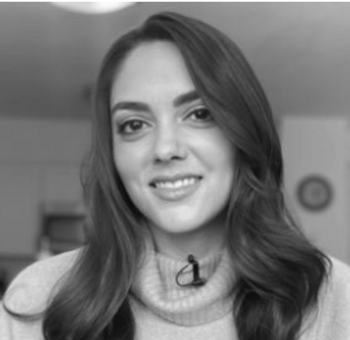'Unlearning' workshops at OU raise 'brainwashing' concerns
The workshops have been roundly condemned as Orwellian "brainwashing," but Assistant Dean of Students Brynn Daves defended them, saying they have "received very positive feedback."
The University of Oklahoma is defending its decision to offer students in greek life a series of “unlearning” workshops on topics such as racism, sexism, ableism, and classism.
The University of Oklahoma is defending its decision to offer students in greek life a series of “unlearning” workshops on topics such as racism, sexism, ableism, and classism.
OU Student Affairs, the Women’s and Gender Studies Program, and the Center for Social Justice are jointly sponsoring "Unlearning: Workshops for the Greek Community," the first of which is scheduled to take place Friday, with seven additional sessions throughout April, according to OU Daily.
[RELATED: Frat apologizes for ‘triggering’ dance moves]
"It came out of just discussions with greek students saying, 'We feel like these are things in our community, within the whole OU community, and we want to know how to combat them and how to deal with those things,'" said Kylie Frisby, public relations and marketing coordinator at OU Career Services.
While the workshops are tailored toward greek students, registration is open to everyone and is voluntary, though this has not saved the school from significant backlash, with many critics likening the programming to Orwellian reeducation measures.
[RELATED: UA imposes diversity mandates on Greek organizations]
“Today I learned that all frats are racist, sexist, ableist monsters and all need to be reprogrammed,” wrote one twitter user.
Another questioned the title of the workshops, asking, “‘Unlearning’ or re-education through liberal brainwashing & propaganda?”
OU received so much criticism, in fact, that Assistant Dean of Students Brynn Daves apparently felt compelled to defend the programming in a letter to the editor of the OU Daily, in which he perplexingly asserted that despite the “misperceptions” that prompted his letter, the workshops have “received very positive feedback” since their implementation.
“The workshops are neither a mandatory education program nor a preconceived judgment of the greek community; rather, they are a resource provided in response to the requests heard from this community,” Daves argued. “The workshops’ purpose is to provide a helpful framework to learn key concepts reflect on personal experiences, and equip students to feel confident in having intentional and honest dialogue while strengthening and promoting a more inclusive community.”
Follow the author of this article on Twitter: @amber_athey



